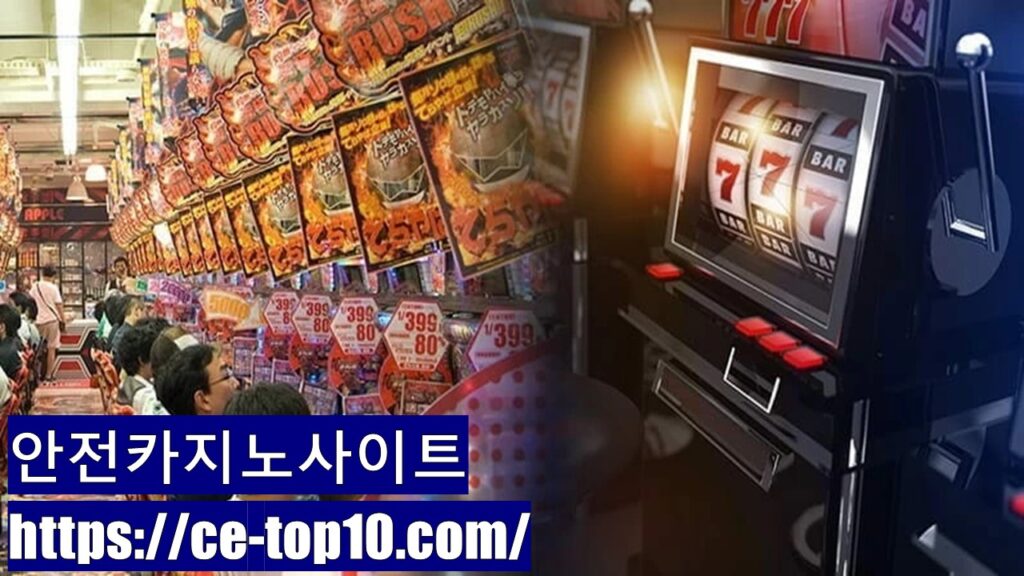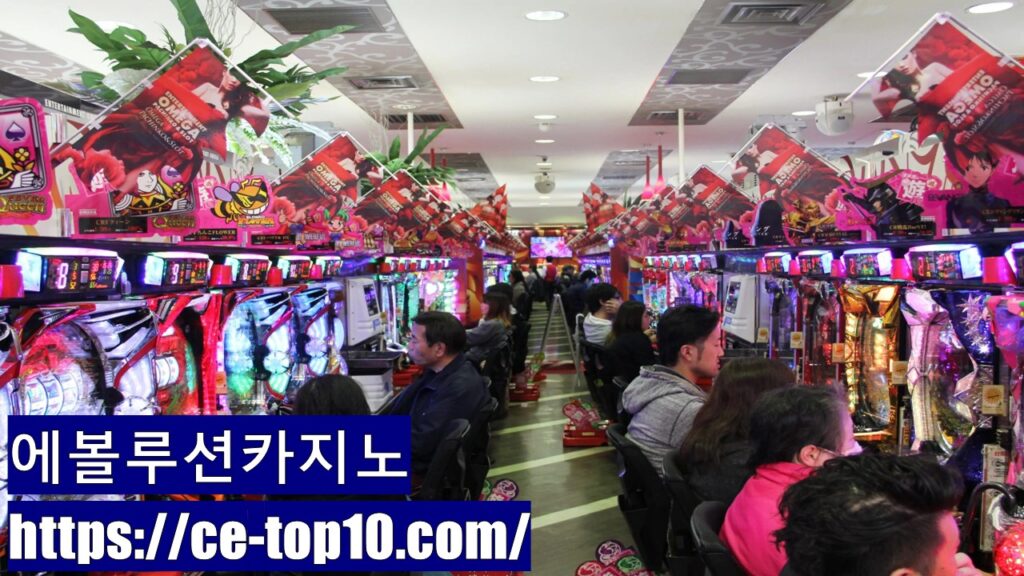Japan’s Pinball Betting Industry Is multiple Times More Beneficial Than the Las Vegas Gambling clubs?

As indicated by late measurements, Japanese players spend more than £150 billion on pinball-like machines called pachinko every year.
The vast majority in Japan spend the greater part of their recreation time playing pachinko and there are numerous businesses working at the pachinko parlors. The 온라인카지노 game, in any case, isn’t just significantly productive yet additionally exceptionally habit-forming. To control its pessimistic impacts on individuals, the Japanese government has chosen to go to particular lengths. To figure out more about the pachinko games and the moves initiated by the Public authority, keep perusing our article.
What is Pachinko?
The pachinko games are opening machines and played in Naver that utilization little steel balls, which are leased to the player by the pachinko parlor. The pachinko balls are the item to play with as well as the bet and the award. The actual game capabilities rather without any problem. The player loads at least one balls into the machine, then presses a handle, which is joined to a cushioned sledge inside the machine. The mallet dispatches the ball into a metal track, which directs the ball while heading to the battleground. The field is brimming with little cups, that would bring the player an award in the event that the ball falls there. On the inverse, the ball would fall into an opening in the base. A ball which enters a catcher would set off a payout, in which different balls would be dropped at a plate before the machine. The thought behind the game is to catch whatever number balls as could reasonably be expected and afterward trade them for prizes.
Why Are the Pachinko Machines So Productive?
Betting is unlawful in Japan. Pachinko parlors, notwithstanding, have found a lawful escape clause, which permits them to work. The pachinko games don’t remunerate players with cash but instead with material awards like packs, shoes and even gadgets. Players, notwithstanding, can decide to trade their gifts for cash at unique foundations normally found close by the parlors. The police endure these activities because of the way that the gift trade isn’t taken care of by the actual parlors. Previously, the money trade used to be constrained by the yakuza mafia yet that has changed because of the police endeavors in the beyond couple of many years.
There are right now in excess of 10,000 pachinko parlors and one out of 11 Japanese individuals is a standard guest. As per late measurements, the prevalence of the games has developed such a lot of that they presently utilize multiple times a larger number of individuals than the best 10 vehicle makers in Japan. A fascinating truth is that the business is for the most part shown to Korean Japanese individuals who considered the pachinko parlors to be their main work choice after The Second Great War.

These days, in any case, the pachinko parlors are not just seen as an industry that enlists many individuals, yet additionally as the best objective for the Japanese nation to breathe easy.
The actual game is just difficult yet additionally engaging, which many individuals find appealing and valuable as a pressure discharge strategy. As we referenced over, the business is procuring more than £150 billion every year, which is multiple times more than the yearly betting income produced in Las Vegas.
Legislature of Japan Acts Against the Pachinko Parlors
It has been demonstrated that the pachinko business doesn’t just produce 온라인슬롯사이트 extraordinary benefits, yet it can likewise meaningfully affect players. As per insights, a major piece of the Japanese populace visits the pachinko parlors something like one time per week. Consequently, the Public authority has chosen to go to specific lengths to confine the impact the pachinko games could have on individuals. As per a recently presented regulation, the payouts of every pachinko machines will be cut with 1/3, implying that players ought not be ready to get more than $450 in a four-hour meeting. Also, the Public authority of Japan has chosen to lift the prohibition on gambling clubs. To try not to bet habit, nonetheless, nearby occupants will be restricted to three visits per week and will be charged a section expense. While the officials trust that their new activities would diminish pachinko’s hurtful impacts on individuals, it is likewise a reality that the pachinko business has gone through a little emergency as numerous pachinko bistros have shut over the most recent couple of years and the interest among the more youthful Japanese individuals is by and large diminishing.
Around the country 10,600 pachinko parlours entice players with rows upon rows of colourful and flashing machines. The aim is to drop as many silver ball bearings as possible into a middle scoring hole by turning a single wheel that controls how the balls shoot into the machine, before bouncing down pins that the house regularly reconfigures to ensure it always comes out on top.
But despite its popularity, pachinko parlours operate in a legal grey space. Gambling has generally been banned in Japan with only exceptions for betting on horse racing and some auto races.
Min Jin Lee, the author of a historical fiction book set in Japan called Pachinko, told Business Insider that parlours use a loophole by having an intermediary between the winning of the balls and then the conversion into cash.
“Every single ball is equal to a certain amount of points and those points get redeemed at the prizes counter. Let’s say you’ll get a bar of soap, or you get a Hermes bag, depending on how much you win. But then maybe you don’t want to have 10 Hermes bags, or 100 bars of soap. So you take your winnings and you convert it far away in an alley for cash,” Ms Lee said.
This cash exchange used to be controlled by Japan’s yakuza mafia, but that has largely changed with Ms Lee saying many places now just erect a glass wall between the prize counter and the cashier.
“You take your winnings which gets converted into, let’s say, a plastic disc and inside there will be an actual amount of gold, or silver. So the thing itself has market value but then that thing, the little chip or the disc, gets converted at the cashier into cash,” she explained.
For more Blogs, VISIT HERE!